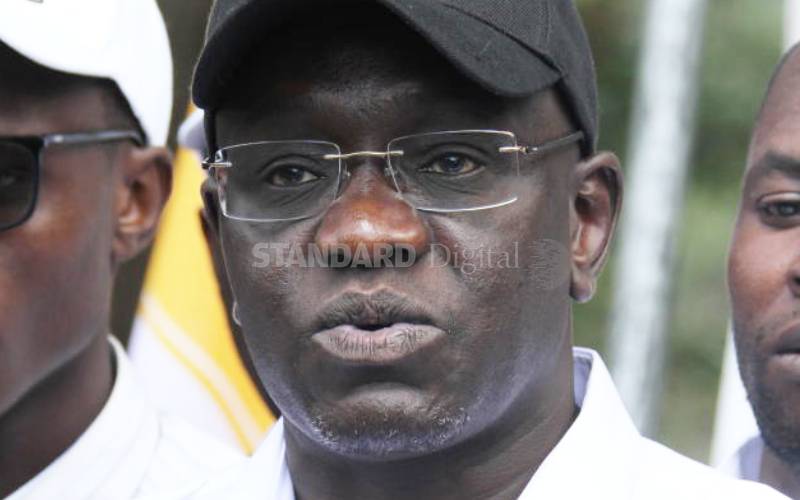×
The Standard e-Paper
Join Thousands Daily

Thirdway Alliance Party leader Ekuru Aukot during a press conference at party headquarters in Nairobi on Monday, February 17, 2020. [David Njaaga,Standard]
Thirdway Alliance party leader Ekuru Aukot yesterday launched a fresh initiative to amend the Constitution, four months after a similar plan flopped.